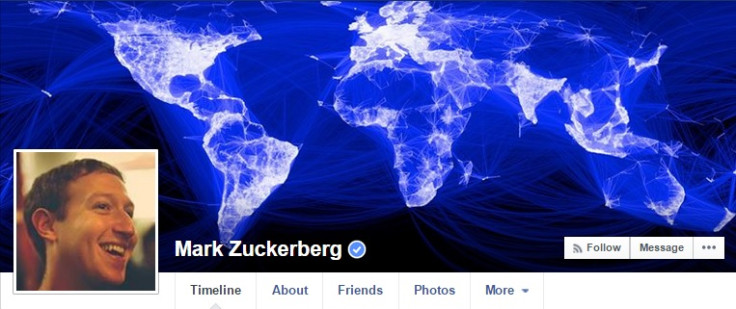Mark Zuckerberg 'internet for everyone' rhetoric rings hollow following Facebook Lite launch

Facebook's plans to deliver internet service to the world's poorest countries through a $1bn (£640m) satellite venture have reportedly been scrapped, just days after a new method of delivering Facebook to areas with poor internet connectivity was launched.
If true, it would be a significant backtracking for Facebook founder and CEO Mark Zuckerberg, who has consistently extolled his "internet for everyone" rhetoric through Facebook's Internet.org initiative. As the head of a company worth north of $200bn (£129bn) he is seen as one of the few people in the world who can actually fulfil such a promise.
His stated intentions for doing so appear philanthropic. "There are more than 4 billion people who need to be connected, and if we can connect them then we'll raise hundreds of people out of poverty," Zuckerberg said in a recent Internet.org video.
No mention is made of the obvious fact that the growth of his company depends on the growth of global internet connectivity. A much cheaper and easier way to achieve such market growth, however, very recently came to light.
It seems beyond coincidental that reports of the internet satellite plan being abandoned comes less than a week after Zuckerberg's announcement of Facebook Lite - a stripped down version of the social network that offers Facebook access to users in areas of poor connectivity.
"We built Facebook Lite to be faster, more reliable and very data efficient even when internet bandwidth is at a minimum," Zuckerberg said in a post at the time. "We're starting to roll out Facebook Lite across Asia, Africa, Latin America and Europe.
"We're going to keep working to serve the entire world, and we'll keep building tools for people in every community until we're all connected."
Four days after writing this, news of Facebook dumping its satellite plan broke. When IBTimes UK contacted Facebook for confirmation that plans for internet satellites were to be scrapped, the social network was not willing to comment.
Instead, two Internet.org blogposts were sent through. The first, from July 2014, outlined details of the Internet.org app, while the other announced the Internet.org platform for developers. Such announcements seem a big step down from what pervasive internet satellites promised.
Through Internet.org, hard luck stories of people with poor internet access are published and promoted through the organisation's website. For example, the tale of 11-year-old inventors Erika and Esmeralda is highlighted as a reason to get more people connected.
The young pair from Bolivia invented a robotic arm, leading Internet.org to ask: "Want to know how they did it? They'd love to tell you. But you'll have to head to Bolovia. Because they are not on the internet. And that's too bad, because this is exactly what the internet needs more of... resourceful, innovative people like Erika and Esmeralda.
"And that's just two people. Now imagine connecting all of the world's unconnected 4.5 billion people. Get them online and who knows what we'll do."
Judging by Zuckerberg's latest U-turn, poking people on Facebook is about all Erika and Esmerelda will be able to do.
© Copyright IBTimes 2025. All rights reserved.






















